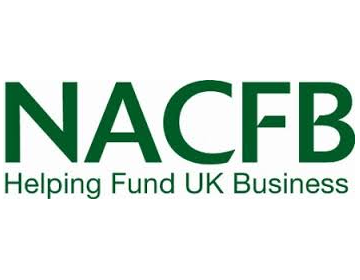
Tougher lending rules are surfacing after the expansion of the Bank of Mum and Dad (BOMAD) into one of the UK’s biggest lenders, according to a new study from Key.
The independent equity release adviser revealed that BOMAD is becoming more responsible as parents are increasingly helping their children with a wide range of financial needs.
Nearly half of over-55s who intend to help out adult children say they want to ensure the money is not squandered and that grandchildren benefit from any handouts.
Around a fifth (22%) plan to set specific rules on how any money is spent, while 36% said they would discuss what the cash is used for before paying it out and 14% want to ensure their children seek financial advice on how to spend or invest the money.
Only one in five homeowners aged 55-plus said how the money is spent by their adult children is not important to them. Key’s research shows homeowners of this age group are generous with their money, with 46% handing out more than £5,000, while 30% plan to make payouts of more than £5,000. Around 11% will give more than £20,000.
However, one in six (16%) parents say helping children has hit their own finances, while 78% say they are worried that helping children out now could leave them in a financial bind later on in life.
Will Hale, chief executive officer at Key, commented: “As with any other lender, the Bank of Mum and Dad have to set limits on how much they can afford to lend and on what the money is used for.”
He said that stipulating that children should receive financial advice is a sensible move as good advice is key to making sensible financial decisions.
“That applies to BOMAD itself as they should not lend money without considering the short, medium and long-term financial implications themselves,” Hale added.
“Of course, intentions are all well and good and while BOMAD might be getting a bit tougher, there is still a risk that when it comes to saying no or setting rules that parents will find it too difficult. That is why including all parties in the advice process is vital.”













Join the conversation
Be the first to comment (please use the comment box below)
Please login to comment